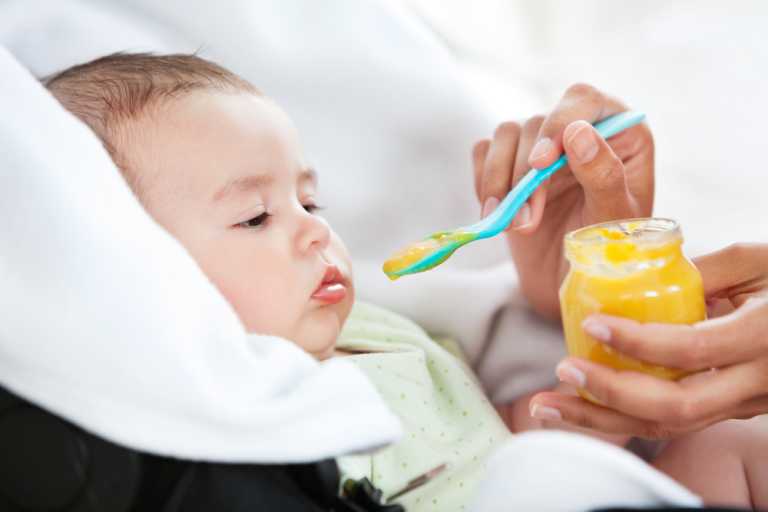While it is possible to overfeed a newborn, most experts agree it’s uncommon. This is because babies have a natural tendency to stop eating when they’re full.
Knowing when your baby is full, what happens when your baby is overfed,and knowing how to avoid it can help keep your baby healthy and comfortable.
What Happens When You Overfeed a Baby
When you overfeed a baby, they get uncomfortable because they can’t digest all of their formula or breast milk properly. Babies can also swallow air, leading to gas, tummy aches, and excessive crying.
Overfed babies can also spit up more than usual and have loose stools. Besides just lightly spitting up, your baby may start to projectile vomit. This could be a clear sign that they’ve had too much to eat. You may also notice your baby start to gag. When you start seeing these signs it’s time to stop feeding.
You don’t want to overfeed your baby because it makes them irritable and can lead to sleeping problems. It can also make them more likely to become obese as they get older.
How to Know Your Baby Has Had Enough to Eat
You can avoid overfeeding your baby by paying close attention to their cues. Since babies can’t directly tell you, “I’m full”, they’ll send you little hints to let you know they’ve had enough.
Here are some signs to look for:
- Takes longer pauses between sucking
- Turns away from the breast or bottle
- Starts to fall asleep
- Arches their back
- Doesn’t seem interested in eating
- Crying while feeding
According to the American Academy of Pediatrics, breastfed babies are better able to control their feedings and stop when they’re full than those who are bottle-fed.
With bottle feeding, the person giving the bottle may be prone to force a baby to finish a bottle when they are no longer hungry, leading to overfeeding. This is why bottle-fed babies are more likely to be overfed.
Newborns are also more prone to be overfed because they have an active sucking reflex. The pressure on a baby’s tongue and roof of the mouth by the bottle or mother’s nipple triggers this reflex. When this reflex is triggered, a baby will suck because it is an involuntary reaction. This can give a baby limited control over how much milk he’s taking in and may take in more than they need as a result.
If your baby tends to just eat too quickly, it doesn’t give the brain enough time to register that the belly is full. This can lead to overeating too.
How to Avoid Overfeeding a Newborn
Pay Attention to Their Cues
Babies are often overfed because their little cues go unread or misread. Some people think that when a baby cries or is fussy, he or she must be hungry. But, that’s not always the case. A baby may have something else going on and may not be hungry at all. Offering food is not always the best solution.
Don’t Worry About Weight Expectations
If a parent feels as though their baby doesn’t weigh as much as they should, they may feed them more than they need to. If you have weight concerns about your baby, talk to your pediatrician rather than overfeed your baby. They will tell you whether there is a weight problem you should be concerned about.
Don’t Stress About Eating Expectations
Not all babies are going to eat what they’re “supposed to” at every feeding. Sometimes your baby may not be hungry enough to take the entire 4 ounces that are recommended. Remember, go by their cues, not what is always recommended.
The Takeaway
While it is possible to overfeed a newborn, it’s uncommon. Babies give cues when they’re full so it’s important to watch for them. If your baby pushes the bottle or breast away or starts to fall asleep, they may be trying to tell you they’re not hungry anymore.
Bottle-fed babies are more likely to be overfed than breastfed babies because bottles can be forced upon them. You can avoid overfeeding your baby by not worrying about weight or eating expectations. If you’re worried your baby doesn’t weigh enough, talk to your pediatrician rather than overfeed them.


